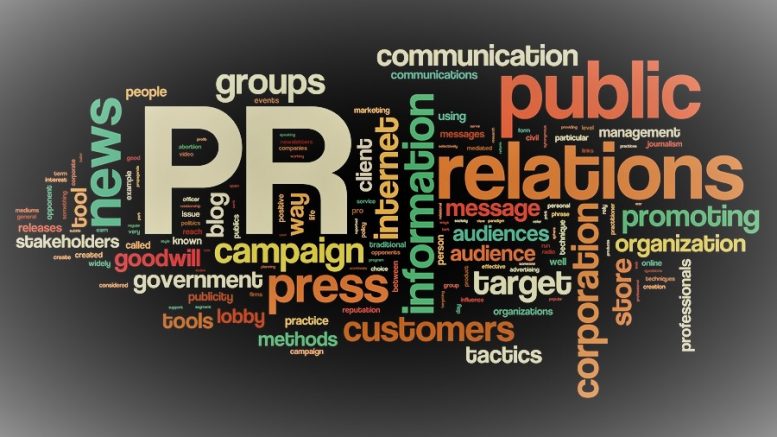I read an article authored by a senior advertising professional last week and was taken aback by the completely inaccurate fundamentals on which the article was based. With due respect to Mr Prabhakar Mundkur, I must submit that a lot of people in advertising have no clue what Public Relations is all about and vice versa. It’s even more heartening that every second PR firm and ad agency have the same parent, but that holding company has not made visible efforts to educate its leaders.
Public Relations is not communication. In fact, communication is the foundation on which most public relations takes place. Public Relations is not media releases or a press release but one of the pillars on which PR is built is sharing content with stakeholders and mainstream media is a vehicle through which that sharing happens. We can go on and on explaining what Public Relations is and what it is not but for now we will stick to the article I referred to.
Well, I will refute some of the key points that feature in the article I just referred to:
- Editorial being bought – With big money and big organisations (both corporate and political) forget editorial, entire media organisations are bought and sold. Corporate Affairs ministry may need to regulate who can create, buy and sell media organisations in the business of news.
- Advertising can masquerade as PR campaign – Who created that? Having worked in a large media buying and planning company as a communications head over a decade ago, I was perennially in shock when I saw how a few media planners would strike deals on positive coverage for a client in exchange for ads in certain publications.
- We were in an innocent era in 1985 – Innocence is subjective. As long as human adults have been around there has been no scope for innocence. The complexities may have been far fewer thirty tears ago but planting stories and mudslinging have been on forever.
- Advertising as a channel of communication – Advertising and public relations are not channels of communications. Media outlets are. Advertising and Public relations are professions or occupations that help organisations and brands through smart content creations to get more awareness and therefore increase sales in peace times. PR also plays a role of counsellor, crisis manager and connector in peace and war times.
- PR is not a form of communication to be brought under a Council – PR can happen anytime, anywhere. I’m not a Vistara employee. I’m neither an enemy of Indigo. But the damage Indigo has done to itself in the last five years and the good that Vistara has done to it in the last four years gets talked about by potential and existing customers in different shades. This can never be brought under a council.
- There is nothing called a PR report – If the reference here was to a media release then that is what it is called. There is nothing called a PR report for it to be loosely put out there.
- The Lux example is half baked and the entire communication was driven by an ad agency – The Lux breast cancer awareness soap is an idea from the brand, which the ad agency has been fronting and I have no idea how PR comes in from what I have read. The soap was intended for free distribution and may go on to win some awards just like the chalks that Savlon created a couple of years ago.
- It cannot be possible that PR and news are bracketed under the same bucket – PR is not news. Public Relations is a management function that is sometimes used by marketing to create conversations around a brand. Yes – Public Relations share news with media outlets. But media outlets have their own mechanism to choose what to carry and what to not carry.
Sensationalising many years of mistakes undertaken by greedy businesses, shrewd advertising and cut-throat media owners cannot lead to an impossible ask for the sake of asking it. Public Relations is as fluid as the oceans which can be named but not regulated. No one owns them. They belong to everyone.






Good counter to a flawed argument. You are absolutely right, advertising professionals, and even marketing people often do not understand PR. Though advertising and PR fall under communications, they are worlds apart, and many are unable to bridge the gap in their heads